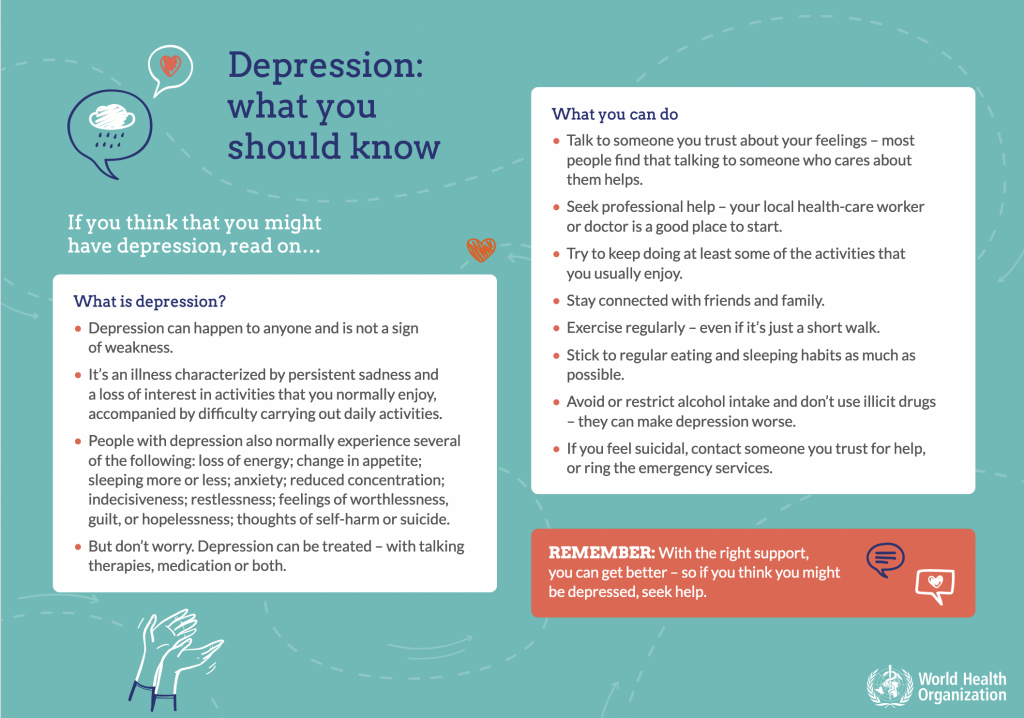Social Media-Induced Mass Hysteria
October 13th, 2021
As the world knows, social media is famous for starting voguish challenges, humorous memes, and silly dances that spread all over the world and are shared by hundreds of millions of kids, teens, and adults. We all remember the “ice bucket challenge” and the “Harlem shake” but even though they may seem light-hearted and funny, these well-known fads also caused dangerous injuries globally. Well… there’s a new kid on the block and it’s causing young people to believe they have suddenly developed Tourettes syndrome.
Tourette Syndrome from.. social media?
In the last two years, the number of Tourettes cases are rising and creating social media-induced mass hysteria.
According to the research team led by Dr. Kirsten R Müller-Vahl at the Hannover University Medical School, an increasing amount of videos have been released in the last two years on popular social media platforms such as YouTube, TikTok, and Instagram. These videos have one thing in common, they are broadcasting young creators who claim to be suffering from Tourette’s syndrome and romanticizing their tics, which young audiences are voluntarily or involuntarily mimicking. Tourettes syndrome is a childhood-onset chronic combined motor and vocal tic disorder. It is not an abrupt disorder and usually gradually develops as children get older.
So how did this happen one may ask? Well, the social media epidemic of new cases appeared in 2019 after a 22-year-old man named Jan Zimmermann started his YouTube channel called “Gewitter im Kopf” (English: “Thunderstorm in the Brain”).
What’s really happening?
Zimmermann films himself going about his daily life, and what it’s like to live with Tourettes. The researchers who examined his videos observed that he was exaggerating his symptoms and that it is obvious to experts regardless of whether it was deliberate or not. He shows a number of movements, vocalizations, words, phrases, and bizarre behaviors that he claims are tics but are unusual “common” tics seen with Tourettes. Nevertheless, Tourette experts can see that there are symptoms of illness but no clear measures of such, to make a diagnosis.
Viral sensation
A few months after his first video was released, it attracted more than a million viewers making Zimmermann the newest, top dog German youtube content creator. Since then he has created hundreds of other videos and obtained nearly three million subscribers.
Following his fame, he started creating merchandise with his famous “vocal tics” and began marketing himself to his followers. What are the repercussions of this fame? Well over the course of two years unusual floods of Tourette cases started being diagnosed by young people. What did they all have in common?
- Identical vocal and movement tics
- Identical tics of Jan Zimmerman
- Tics only appearing when he/she did not want to do something they didn’t enjoy (school/chores)
- Tics suddenly going away when enjoying fun activities
- Most important: They ALL watched Zimmerman’s YouTube channel
All tic-like behaviors that were manifested were identical to YouTube star Zimmerman. Interestingly enough, many that were diagnosed prior and then told later they in fact did not have Tourettes had zero tics immediately after the diagnosis. Other’s had tics that became minor and gradually went away completely.
Social media for generations
This tells us that social media has the capability to cause mass hysteria worldwide and whether you voluntarily or are involuntarily manifesting these symptoms, they have a real effect on people, especially adolescents who are easily influenced. What will be next or what social media-induced illnesses may arise in the future, no one knows, but it’s time we are aware of it as well as our younger generation.
Many young people are now going through identity crises and these may be coping methods of how to fit in. (See Facebook’s own internal slide deck indicating a percentage of teenagers are seeing a harmful reaction to Instagram.) It’s more than just trying to fit in in school nowadays with matching necklaces and dye-tipped hair. These kids have a whole other life online once the school bell rings that can be even more criticizing than having in-person relationships.
World Mental Health Day 2021
October 13th, 2021
World Mental Health Day was Sunday, October 10, 2021.. The day provides a timely reminder of the importance of taking care of our own and each other’s mental health. The stress and uncertainty of recent months and at this point years has taken its toll on many of us. It’s more important now than ever to discuss mental health care and let it be an open, caring, and honest topic.
Millions of Americans every year are living with a mental health condition. We all know one person or another who lives or even suffers from mental health issues, and whether directly or indirectly mental health affects us all. Whether it’s you, your sibling, your co-worker, your neighbor, we all have the duty to take the first step to help someone who is secretly suffering by being aware.
Raising awareness about mental health
Each year, during the first week of October, the National Alliance of Mental Health (NAMI) participants across the country to raise awareness of mental illness, the battle against discrimination and misinformation by providing support through Mental Illness Awareness Week (MIAW).
Even though mental health conditions are important to discuss yearly, it is crucial to bring it to the spotlight during MIAW so mental illness discussions can have dedicated time for mental health advocates to unify and share their thoughts and research regarding awareness of mental health care.
This year’s MIAW’s campaign is called, “Together for Mental Health,” aimed to call attention to the importance of advocating for greater care for people with serious mental illness (SMI). Throughout the week NAMI will be showing real stories and voices of people living with SMI and the need for better crisis response and mental health care.
What is considered SMI anyway?
Serious mental illness is defined as a mental, behavioral, or emotional disorder resulting in serious functional impairment, which substantially interferes with or limits one or more major life activities.
Mental Illness Awareness Week runs from October 3–10 and coincides with additional related events:
- Tuesday, Oct. 5: National Day of Prayer for Mental Illness Recovery and Understanding
- Thursday, Oct. 7: National Depression Screening Day
- Saturday, Oct. 9: NAMIWalks United Day of Hope
- Sunday, Oct. 10: World Mental Health Day
At CE Units we recognize Mental Illness Awareness Week for the entire month of October.
Here is a video by NAMI highlighting what it is like to live with borderline personality disorder told personally by someone dealing with it firsthand.
Borderline Personality Disorder – What I Wish People Knew
#Together4MH
#Mentalheathday

